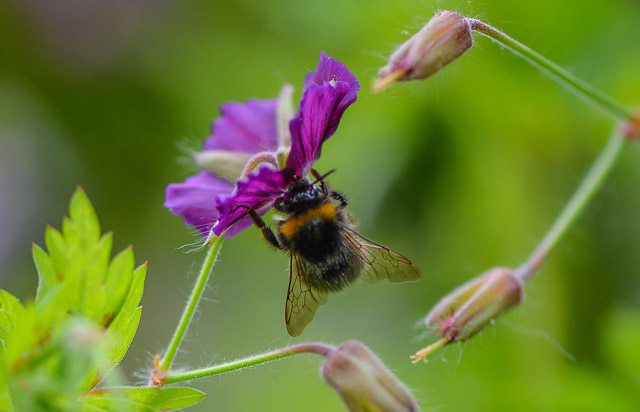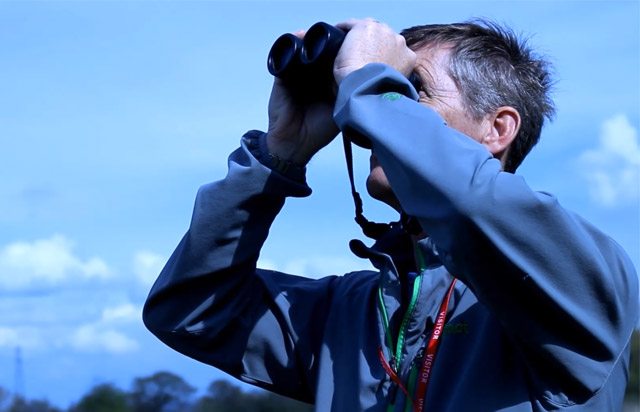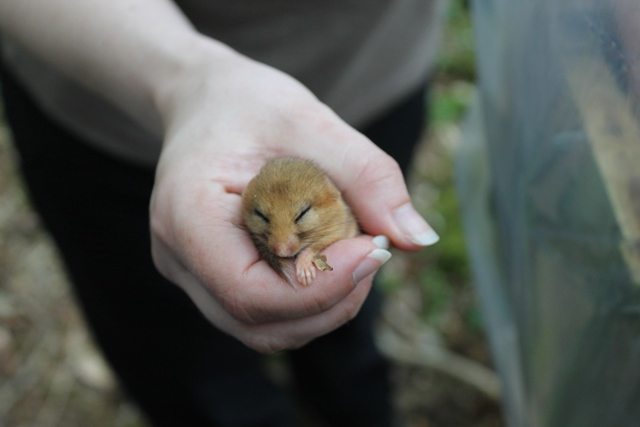Sadly, UK wildlife is in decline.
In fact, nature is doing a lot worse in the UK than in most other countries around the world.
According to the State of Nature report, released by RSPB and 50 other wildlife organisations, over 56% of our incredible species have declined over recent decades and 15% of UK species are threatened with extinction. There are a range of factors that are driving this decline, including agriculture and climate change.

Everything we do in our day-to-day lives can have an impact on nature – from the food we eat to the energy we use – everyone has a role to play in conservation and it’s more important than ever that everyone does their bit.
We ALL need to get involved if we’re going to make a real difference.
One simple thing to do is record the wildlife we see; it’s such an important action that we can all contribute to and the data collected enables conservationists to keep an eye on any changes or trends and take action before it’s too late. The more information we have about our habitats, the more we can do to help protect them.

There are also plenty of other benefits to wildlife watching too – it’s relaxing, you can learn more and it gets you outdoors! Fancy giving it a go? Here are some hints and tips on watching and recording wildlife.
Creating safe habitats for our local wildlife has been highlighted as one of the most beneficial conservation actions for wildlife. Habitat creation is not just about nature reserves, it includes our homes, gardens and local green spaces too. And by creating safe spaces for wildlife we’re creating a better landscape for nature.
Wildlife Connections is about helping reverse these declining trends by helping to open up our landscape to wildlife with wildlife corridors and making new areas of good habitat in gardens and community spaces that will help the wildlife around us thrive.
The pine marten recovery project we’re working on with The Vincent Wildlife Trust was just one example highlighted in the State of Nature report of how conservation action is helping to reverse the decline in UK species. And we’re also really proud to be working together with a number of other partners across the UK to help save other species, like the hazel dormouse, Scottish wildcat and the black poplar.

On top of the work we’re doing in the field, our staff at Chester Zoo are using their skills and expertise to increase animals and plant populations through conservation breeding and plant propagation, for reintroduction into the wild.
The state of UK nature is bad – but we will continue to act for our precious wildlife! We’re so lucky to have such amazing wildlife right here on our doorstep and we need your help, not only to make Wildlife Connections, but to also spread the word! The more people that take action, the more wildlife we’ll be able to protect.
We’re in this together and we can all make a difference to help save our wonderful local wildlife.